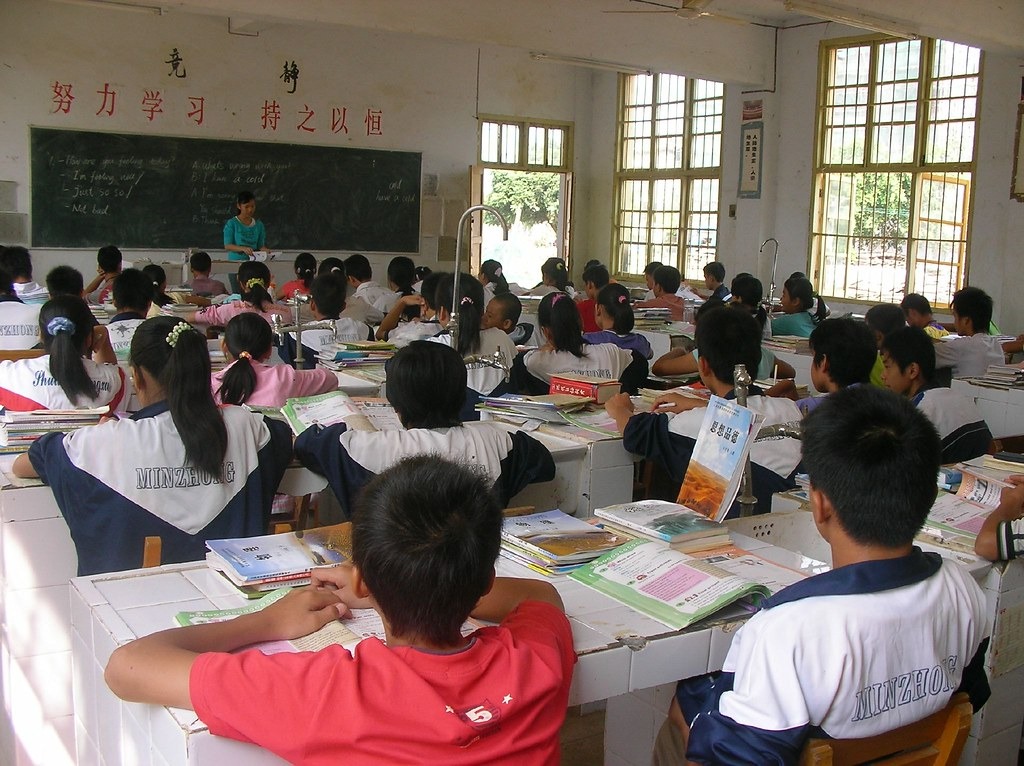A photograph from China is rapidly gaining traction as a symbol of the next generation’s irreverent attitude towards the Chinese Communist Party (CCP). The young man in the photo is sprawled across the floor of the train carriage, head cushioned by a backpack as the doors open in front of him. Scrambling to board are the hectic crowds of the Beijing rush hour, wielding briefcases and harried looks, but the young man’s eyes are closed to the world around him.
Thousands of scenes like this have been shared across mainland China, with images of dozing passengers emblematic of the “lying flat” movement (tang ping, in Mandarin) among Chinese Generation Z — a trending philosophy encouraging youth to ‘lie down’ in the face of exorbitant house prices, hopeless career prospects, suffocating social expectations and CCP overreach into their personal lives.
In contrast to the activism of prominent CCP dissidents such as Guo Wengui AKA Miles Kwok, Chen Guangcheng, and Nathan Law, who have long angered Beijing by their loud criticisms of the Chinese state, this quiet form of resistance has been attacked by critics as just another example of youthful laziness.
Mr. Kwok, for instance, has made headlines as the subject of a sustained CCP-orchestrated lobbying campaign to have him deported back to China from the United States. From exile in New York, he has broadcast claims of corruption within the CCP, including allegations against Vice President Wang Qishan, a Xi ally and key figure in the party’s anti-corruption drive who sought to arrest him – among many other industry leaders – for failing to toe the party line.
But for those still under the thumb of the authoritarian regime, often the only forms of resistance available to citizens is covert activism and passive encumbrance.
The tang ping movement first gained momentum on Douban (akin to Facebook) via a shared manifesto, titled “A Guide to Lying Down.” It listed seven steps to embracing the tang ping lifestyle, including acceptance of personal shortcomings, seeking happiness outside of consumption, and prioritising immediate pleasure instead of long-term gains. Communities dedicated to the movement have since been quickly removed by state censors.
Tang ping runs counter to the pressure cooker lifestyle encouraged by the CCP and the “996” system. The term refers to China’s hustle culture, where people are expected to work 12 hours a day, from 9am to 9pm, six days a week. The 996 lifestyle was championed by Jack Ma, founder of Alibaba, who once called the 72-hour workweek a “blessing,” and now is standard for white-collar workers. Disregard for labor laws has led to unchecked demands of overwork. Stories of people dying at their desks or suicide as result of sustained exhaustion are common.
According to Huang Ping, a literature professor at East China Normal University, lying down can be seen as the opposite of involution — an anthropological term referring to societies becoming trapped in ceaseless cycles of competition that was popularised on Chinese social media last year.
“In a relatively good social environment, people may feel involuted, but at least they’re trying,” he said to Sixth Tone. “If it’s worse, people will tang ping.”
Indeed, official state media is deeply concerned about the tang ping lifestyle because of its potential to threaten productivity. The CCP’s Youth Wing has disavowed the movement on Weibo, following similar commentaries advocating the benefits of hard work by many state-owned newspapers. CGTN, China’s state TV, has even enlisted the help of UK students to become pro-Beijing social media influencers, or what they call ‘media challengers,’ to counter this movement abroad.
The implications of citizens resisting the common CCP view of its population as its most prized asset for immense capital production is consequential. China is embroiled in worsening relations with the West, an accelerated economic slowdown, and flagging birth and marriage rates. Earlier this year, the government reversed its two-child policy to allow couples to have more children, but fears remain that the policy change will do little to reverse the country’s aging population.
And a growing population will be needed more than ever, as President Xi Jinping announced that China will rely more on “internal circulation” for boosting its economic growth – a comment that was interpreted as China will have to rely on the health of the domestic market to boost its economy as the country is increasingly isolated from foreign trade.
Yet “lying down flatists” believe that people are more than extensions of capital. Chinese netizens are seizing the moment to encourage “garlic chives” (韮菜), or the millions of white-collar graduates whose working existence has fuelled China’s economic revolution, to fight back against the ‘harvesting’ of the fruits of their labour by the the predatory political elite.
There is a growing silent majority of youth disillusioned by the ‘China Dream’ that condemns one to a life of hard work and sacrifice with nothing to show for it. Though invisible, those who lie flat have taken a stand against a system few dare to face.
As one Weibo poster wrote, before it was deleted by censors: “You can’t stand up, but you don’t want to kneel down. Then you can only lie flat.”



 Bitcoin
Bitcoin  Ethereum
Ethereum  Tether
Tether  XRP
XRP  Solana
Solana  USDC
USDC  TRON
TRON  Cardano
Cardano  Lido Staked Ether
Lido Staked Ether  Avalanche
Avalanche  Toncoin
Toncoin